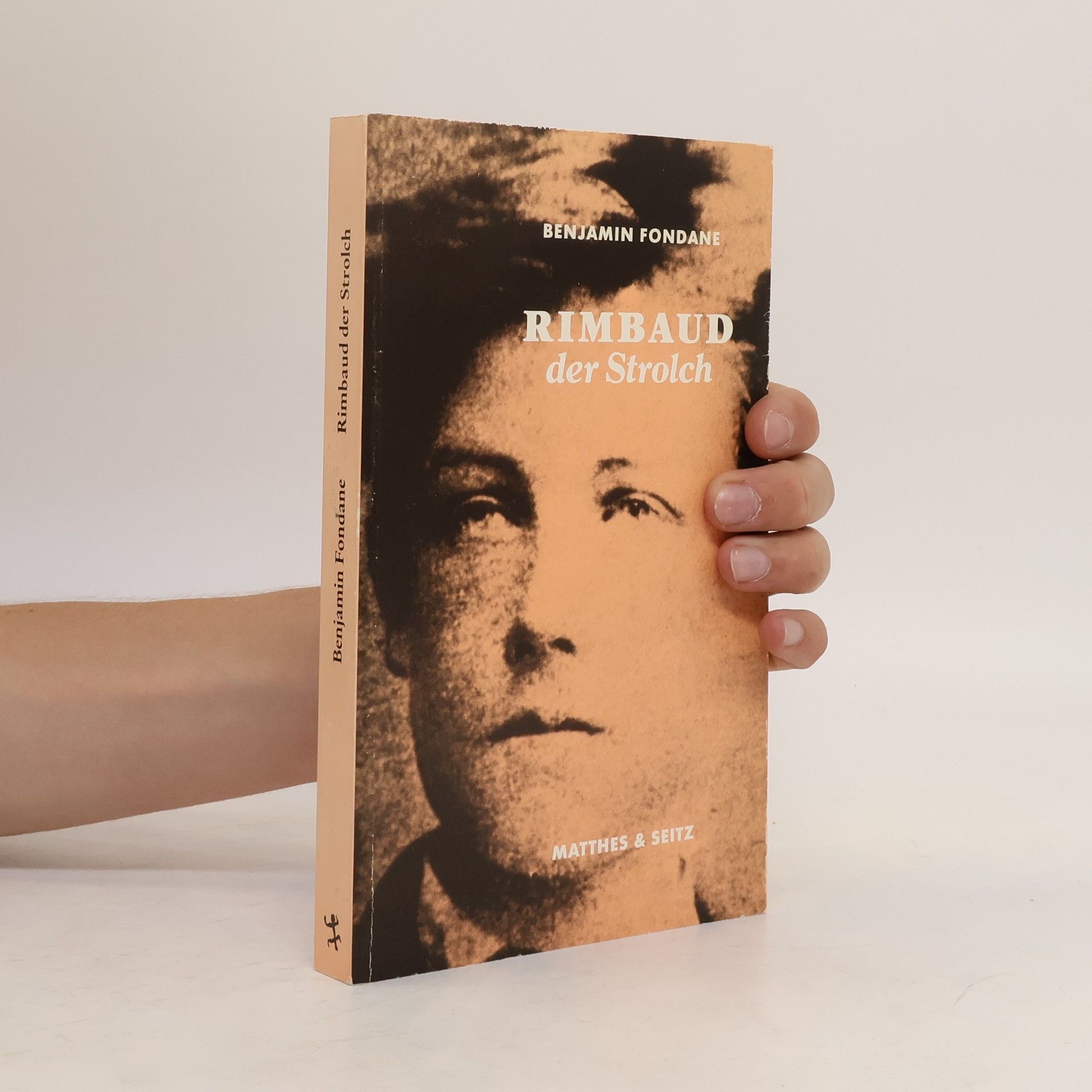Rimbaud, der Strolch und die poetische Erfahrung
- 228pagine
- 8 ore di lettura
Benjamin Fondane fu un poeta, critico e filosofo esistenzialista rumeno e francese. Nella sua giovinezza rumena, era noto come poeta simbolista e editorialista, esplorando temi neoromantici ed espressionisti con echi di Tudor Arghezi e dedicando cicli poetici alla vita rurale della sua nativa Moldavia. Dopo essersi trasferito a Parigi nel 1923, emerse come figura chiave dell'esistenzialismo ebraico e devoto seguace di Lev Shestov, criticando i dogmi politici e rifiutando il razionalismo. I saggi e la poesia di Fondane, che sottolineavano il potere salvifico della letteratura, ottennero riconoscimenti e stabilirono strette relazioni con altri intellettuali. La sua vasta opera, che abbracciava anche cinema e teatro, fu riscoperta postuma dopo la sua tragica morte e da allora è diventata oggetto di studio accademico.
